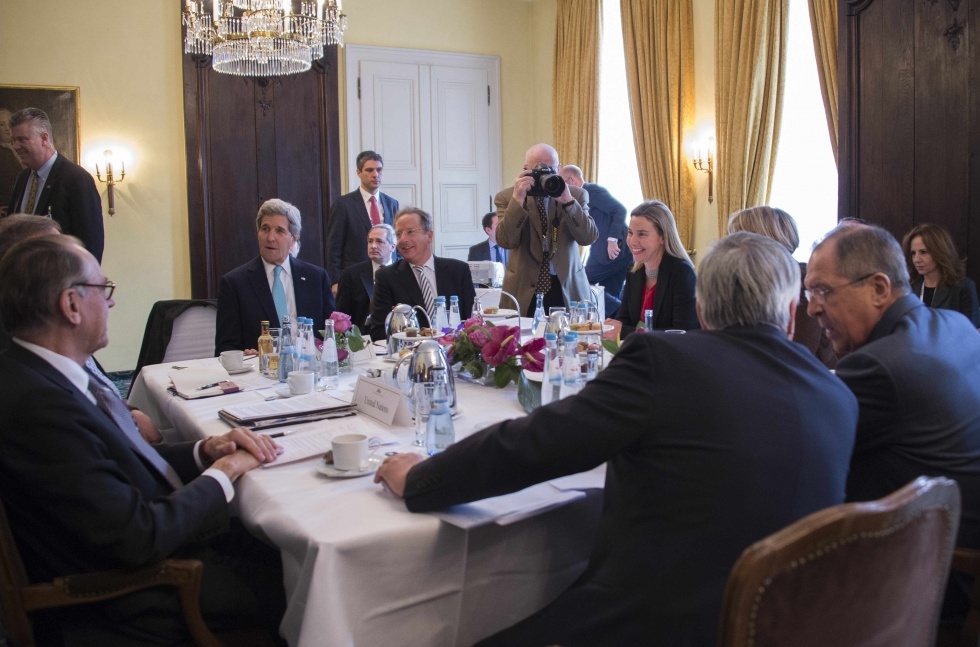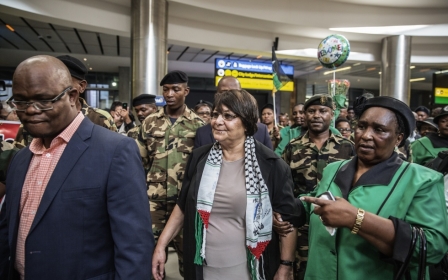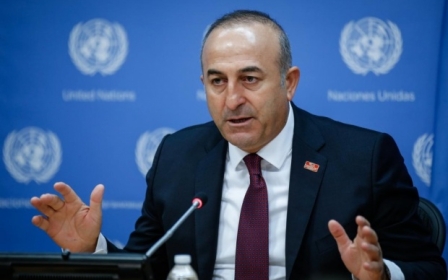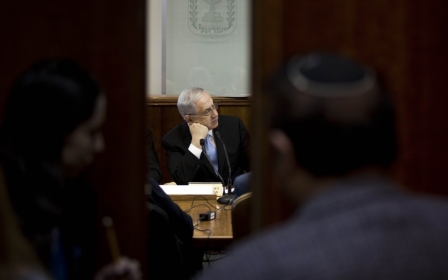Quartet calls for speedy resumption of Israel-Palestine peace talks

The Middle East Quartet powers called on Sunday for a speedy resumption of Israeli-Palestinian peace talks, urging both sides to avoid any action that could undermine efforts to settle the conflict.
Talks between Israel and the Palestinians collapsed in April last year despite the efforts of US Secretary of State John Kerry to broker a deal, setting the stage for a bloody war in Gaza just a few months later.
On Sunday, Kerry met his Russian counterpart Sergei Lavrov, European Union foreign affairs head Federica Mogherini and UN Deputy Secretary General Jan Eliasson on the side-lines of the Munich Security Conference to review the situation in the region.
"The Quartet underlined the importance of the parties resuming negotiations as soon as possible with a view to reaching a just, lasting and comprehensive peace," a statement said.
The Quartet also "recalled the importance of the Arab Peace Initiative -- with its vision for a comprehensive settlement of the Arab-Israeli conflict -- and the vital role of Arab partners," it said.
"Pending the resumption of negotiations, the Quartet called on both parties to refrain from actions that undermine trust or prejudge final status issues."
The Quartet was set up in Madrid in 2002 as part of efforts to find a comprehensive settlement to the conflict, with the Arab Peace Initiative approved by the Arab League the same year.
The four parties on Sunday also expressed deep concern "over the difficult situation in Gaza" where reconstruction needed to be accelerated to repair the massive destruction of last year's war.
“They (the Quartet powers) expressed support for the recent joint letter by Egypt and Norway, as well as the joint statement by the Secretary-Generals of the United Nations and the League of Arab States, urging donors to disburse as soon as possible their financial commitments made at the October 2014 Cairo Conference, including the funding of UN agencies carrying out vital operations in Gaza for both the refugee and non-refugee populations.”
Middle East Eye propose une couverture et une analyse indépendantes et incomparables du Moyen-Orient, de l’Afrique du Nord et d’autres régions du monde. Pour en savoir plus sur la reprise de ce contenu et les frais qui s’appliquent, veuillez remplir ce formulaire [en anglais]. Pour en savoir plus sur MEE, cliquez ici [en anglais].




